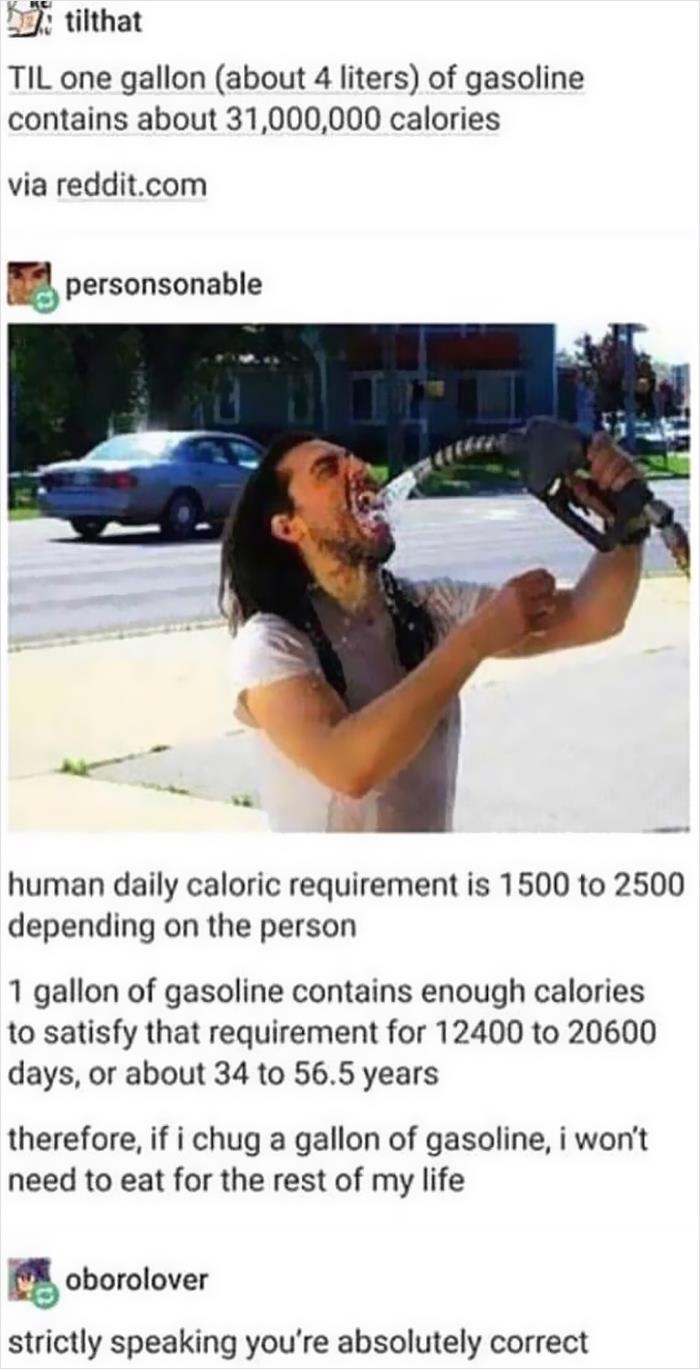this post was submitted on 07 Sep 2024
946 points (97.7% liked)
tumblr
3414 readers
830 users here now
Welcome to /c/tumblr, a place for all your tumblr screenshots and news.
Our Rules:
-
Keep it civil. We're all people here. Be respectful to one another.
-
No sexism, racism, homophobia, transphobia or any other flavor of bigotry. I should not need to explain this one.
-
Must be tumblr related. This one is kind of a given.
-
Try not to repost anything posted within the past month. Beyond that, go for it. Not everyone is on every site all the time.
-
No unnecessary negativity. Just because you don't like a thing doesn't mean that you need to spend the entire comment section complaining about said thing. Just downvote and move on.
Sister Communities:
-
/c/TenForward@lemmy.world - Star Trek chat, memes and shitposts
-
/c/Memes@lemmy.world - General memes
founded 1 year ago
MODERATORS
you are viewing a single comment's thread
view the rest of the comments
view the rest of the comments

On the other hand a human on a bicycle is way more effective at moving around than a human on foot. Somehow the bicycle has created a lot of efficiency.
A bicycle allows us to use our strength to go faster, rather than having to move our muscles faster, we can just push harder. It also more directly converts the energy we are consuming into forward momentum than our walking style does. We are pretty efficient at processing the energy out of what we eat and into work done by our muscles, but beyond that, there are certainly locomotion styles that haven't naturally evolved yet that would singnificantly improve how fast we could travel using that energy. Until then, we got smart instead, which really helped.
There are technically types of wheels in nature, but not in animals, the way alot of bacterial flagella operate is basically a wheel. Or more accurately a biological chemical/electric motor, but it spins anyway. And some of them can rotate either direction by engaging a protein cluster that effectively acts as a "reverse gear" like a transmission.